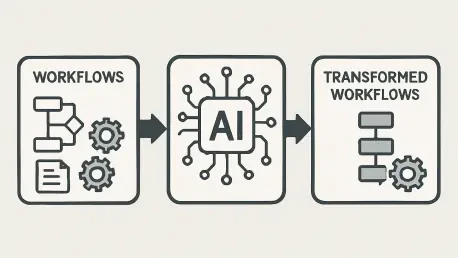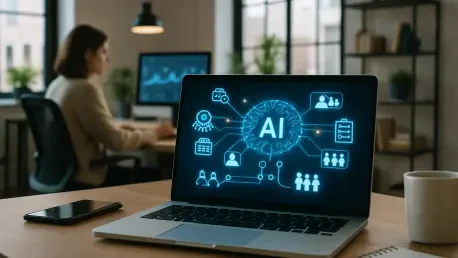
Introduction to AI in Canadian Workflows In the rapidly evolving landscape of modern business, a staggering statistic reveals that only 12.2% of Canadian businesses reported using AI for goods and services in the current year, a modest increase from 6.1% in the prior period, highlighting a

Recent findings from a comprehensive survey reveal a striking paradox in the corporate world: despite an overwhelming 97% of U.S. enterprises adopting artificial intelligence (AI) technologies, only half of these organizations report experiencing widespread benefits across their teams, raising

In today’s fast-paced work environment, nearly 70% of employees report feeling overwhelmed by fragmented tools and disconnected systems that disrupt focus and hinder productivity, painting a clear picture of a modern workplace challenge. This guide offers a step-by-step approach to leveraging

What happens when a single phone call can make or break a candidate’s journey with a company, especially in today’s hyper-competitive job market where that first interaction often sets the tone for everything that follows? Phenom, a trailblazer in talent acquisition technology, has launched an

Recent findings from a comprehensive survey of over 1,400 American employees reveal a troubling reality in many workplaces across the nation, where organizational changes are often met with skepticism and frustration. Despite the frequent introduction of new policies, technologies, and operational

What happens when the personal details of an entire workforce become a target for cybercriminals? In a digital landscape where data breaches are not just possible but increasingly probable, human resources (HR) departments stand as the first line of defense in protecting sensitive employee